What Does a Cybersecurity Analyst Do? 2025
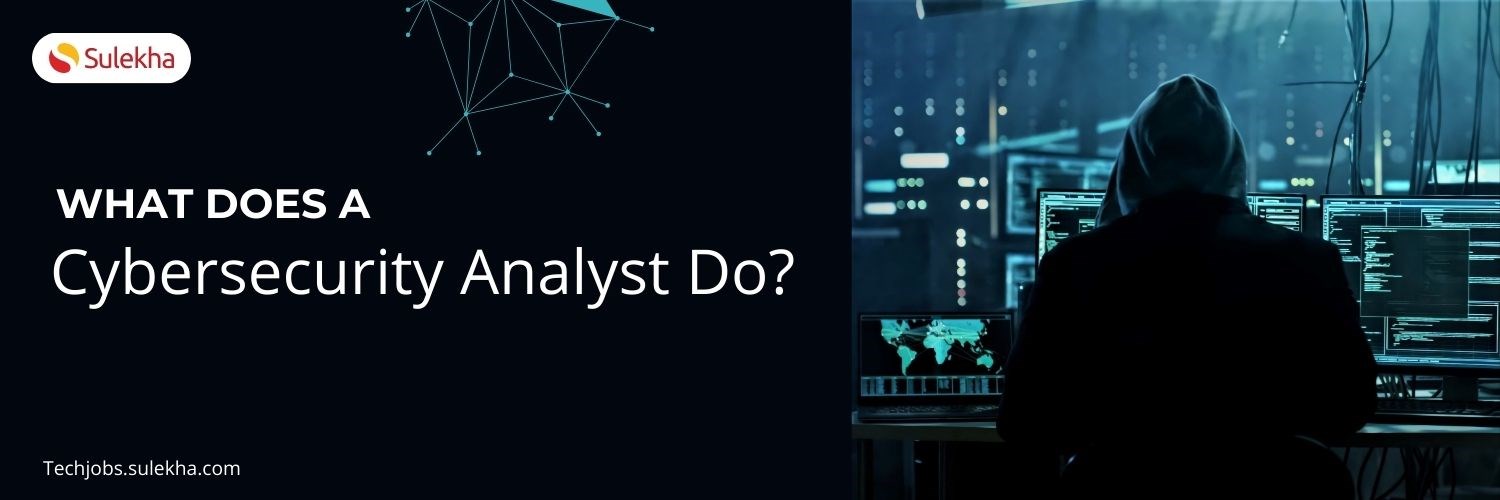
What Does a Cybersecurity Analyst Do? 2025
As cyber threats continue to evolve, the role of a Cybersecurity Analyst becomes increasingly crucial. In 2025, this professional is primarily responsible for protecting organizations from cyberattacks by identifying vulnerabilities, monitoring threats, and responding swiftly to security incidents. Their mission is to safeguard the organization’s hardware, software, and networks from cybercriminals aiming to steal data, disrupt services, or cause financial damage.
Where Cybersecurity Analysts Work?
Cybersecurity Analysts find opportunities in nearly every industry because almost all organizations rely on digital infrastructure. You’ll find them working in financial institutions protecting sensitive customer data, in healthcare safeguarding patient records, in government agencies defending national security, and in tech companies ensuring software and networks stay secure. High-profile employers like Microsoft, IBM, JPMorgan Chase, and the U.S. Department of Defense actively recruit cybersecurity talent, reflecting the critical demand for these professionals.
What Does a Cybersecurity Analyst Do? 2025
Their day-to-day work involves several key responsibilities that keep organizations safe:
Monitoring and Analyzing Security Events: Analysts use advanced software to watch network activity continuously, spotting suspicious behavior or breaches before damage occurs.
Threat Research and Assessment: They stay updated on the latest cyber threats by researching malware, ransomware, phishing attacks, and hacker techniques, helping organizations anticipate and prepare for risks.
Incident Response: When a security breach happens, cybersecurity analysts are the first responders. They investigate the incident, contain it, and work to restore normal operations quickly.
Security Tool Management: Managing security tools such as firewalls, antivirus software, and intrusion detection systems ensures the defense mechanisms remain effective and updated.
Security Awareness Training: Since humans are often the weakest security link, analysts educate employees on safe practices to avoid phishing scams and other attacks.
Vulnerability Management: Analysts perform regular scans and audits to find weaknesses in systems and patch them before hackers exploit these gaps.
Security Reporting: Detailed reports about security incidents and system health are prepared for management, helping leadership make informed decisions.
Become a Security Analyst: Skills and Steps
If you want to become a cybersecurity analyst, you need a mix of technical skills and problem-solving abilities. Understanding network protocols, operating systems, and security frameworks is essential. Many start by earning certifications like CompTIA Security+, Certified Information Systems Security Professional (CISSP), or Certified Ethical Hacker (CEH).
The typical steps include:
Learning networking fundamentals and cybersecurity basics.
Gaining hands-on experience through labs or internships.
Developing expertise in incident response and threat analysis.
Obtaining industry-recognized certifications.
Staying updated with emerging cybersecurity trends and tools.
Course Syllabus Covered in Cybersecurity Analyst Training
Most cybersecurity analyst courses cover a broad syllabus designed to prepare you for real-world challenges:
Networking Basics: Understand how data moves and how networks are built.
Threat Intelligence: Study types of cyberattacks and how to anticipate them.
Incident Response & Forensics: Learn how to respond to breaches and analyze attacks.
Security Tools & Technologies: Hands-on training with firewalls, IDS/IPS, and antivirus software.
Vulnerability Assessment: Techniques to scan and fix security gaps.
Security Policies & Compliance: Learn about legal and regulatory frameworks governing cybersecurity.
Benefits of Cybersecurity Analyst Certification
Certification offers numerous benefits. According to the U.S. Bureau of Labor Statistics (BLS), cybersecurity roles are expected to grow by 35% from 2021 to 2031, a much faster rate than average occupations. Certified cybersecurity analysts can expect higher salaries — often 15% more than non-certified peers — and greater job security.
These credentials prove your expertise to employers, making you a competitive candidate for coveted roles in top companies. By becoming certified, you gain access to a rapidly growing field with strong demand and excellent career progression.
Why You Should Join Now
Cybersecurity is one of the fastest-growing fields in the USA, driven by increasing cyberattacks and digital transformation across industries. Those who delay joining this career risk missing out on exciting job opportunities, high salaries, and the chance to make a real difference in protecting critical data.
With cyber threats becoming more sophisticated, only trained professionals will be able to keep pace. By enrolling in a cybersecurity analyst course at Sulekha, you’ll stay ahead of the trends and develop skills that employers desperately need.
Find a course provider to learn Cyber Security
Java training | J2EE training | J2EE Jboss training | Apache JMeter trainingTake the next step towards your professional goals in Cyber Security
Don't hesitate to talk with our course advisor right now
Receive a call
Contact NowMake a call
+1-732-338-7323Take our FREE Skill Assessment Test to discover your strengths and earn a certificate upon completion.
Enroll for the next batch
hands on cyber security training
- Feb 5 2026
- Online
hands on cyber security training
- Feb 6 2026
- Online
Related blogs on Cyber Security to learn more

How Security Classification Guides Strengthen Data Protection in Modern Cybersecurity
A Security Classification Guide (SCG) defines data protection standards, ensuring sensitive information is handled securely across all levels. By outlining confidentiality, access controls, and declassification procedures, SCGs strengthen cybersecuri
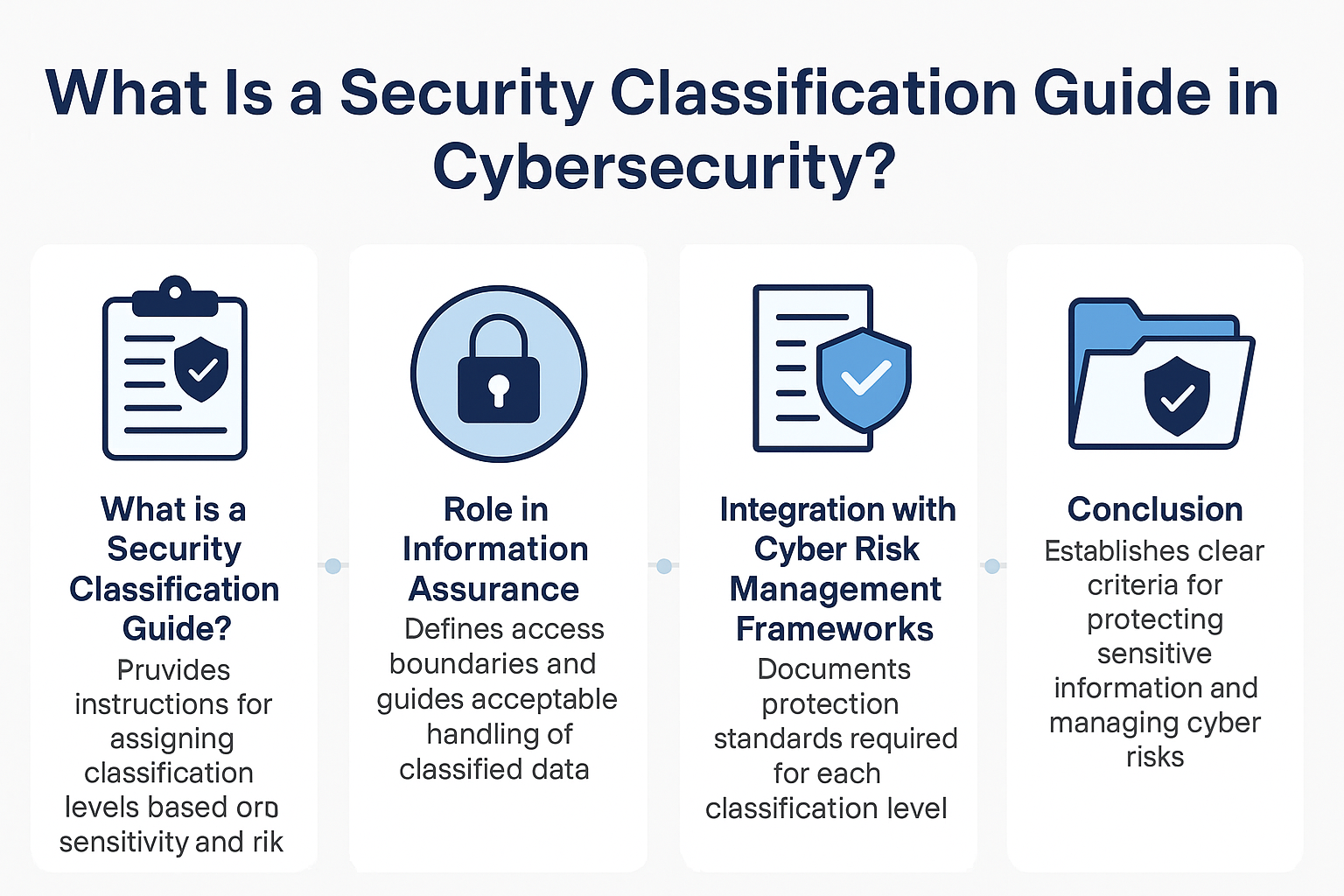
What Is a Security Classification Guide in Cybersecurity?
A Security Classification Guide (SCG) defines how to categorize information assets by sensitivity, with clear instructions from authorized officials to ensure consistent, compliant data handling.
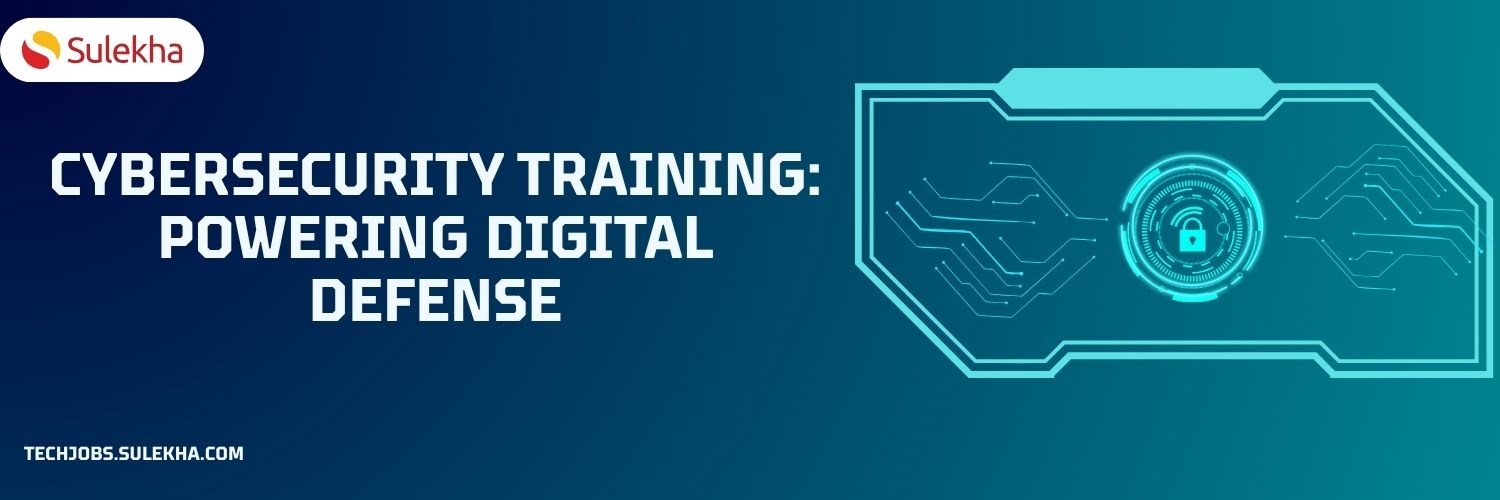
Cybersecurity Training: Powering Digital Defense
Explore top cybersecurity training programs in the USA to meet rising demand in digital defense. Learn about certifications, salaries, and career opportunities in this high-growth field.

What essential skills and trends should cybersecurity professionals navigate in 2024?
Cybersecurity professionals in 2024 must master a diverse skillset, from cloud security and AI to soft skills like communication and problem-solving, to stay ahead of evolving cyber threats and regulations.
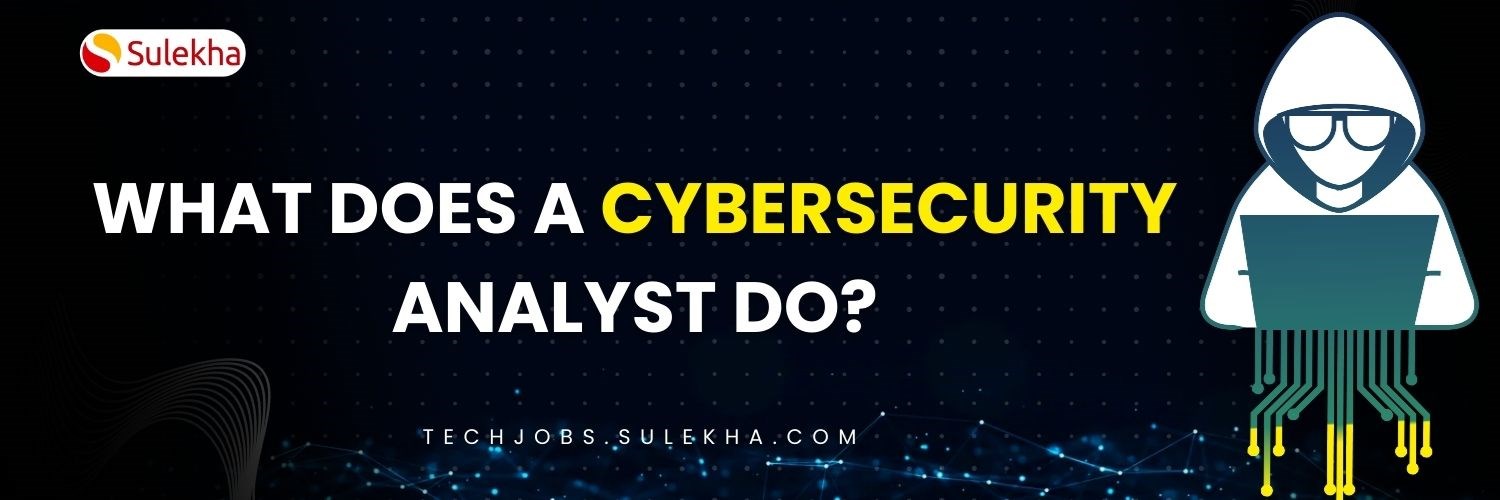
What Does a Cybersecurity Analyst Do?
Learn about the role of a Cybersecurity Analyst, responsible for protecting an organization's computer networks from cyberattacks.
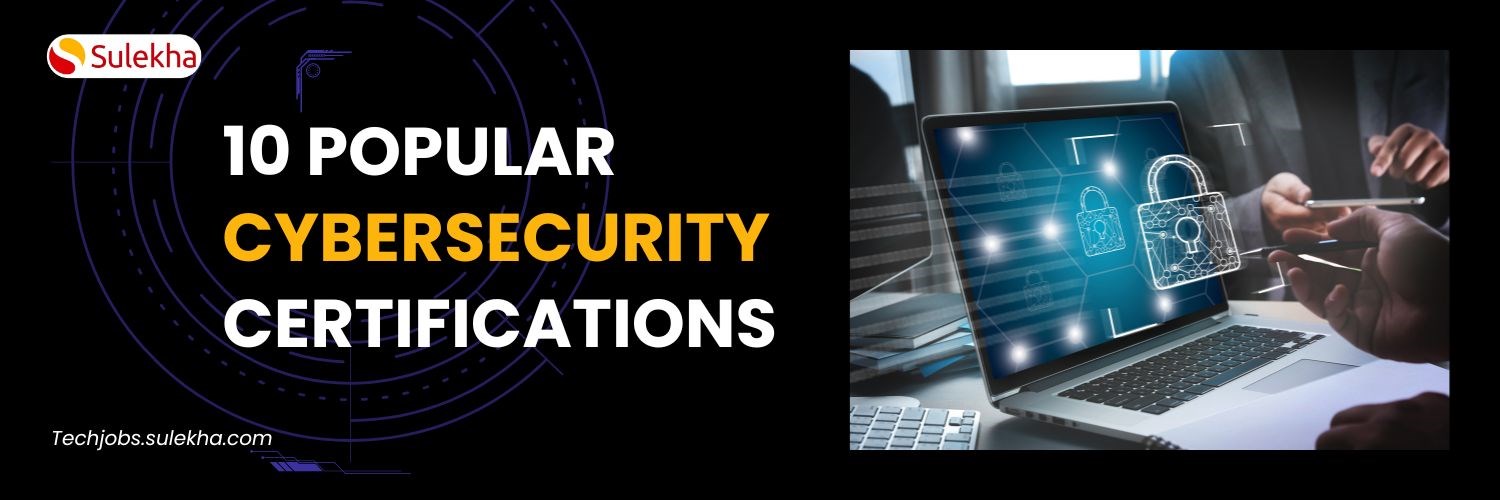
10 Popular Cybersecurity Certifications
From CompTIA Security+ to CISSP, these certifications can boost your career and demonstrate your commitment to protecting computer systems and networks.

What are the most popular technical certifications for future career advancement?
Unlock your potential with insights into 5 popular technical certifications for future career growth, spanning cybersecurity, blockchain, cloud computing and more. Explore pathways for professional advancement today.
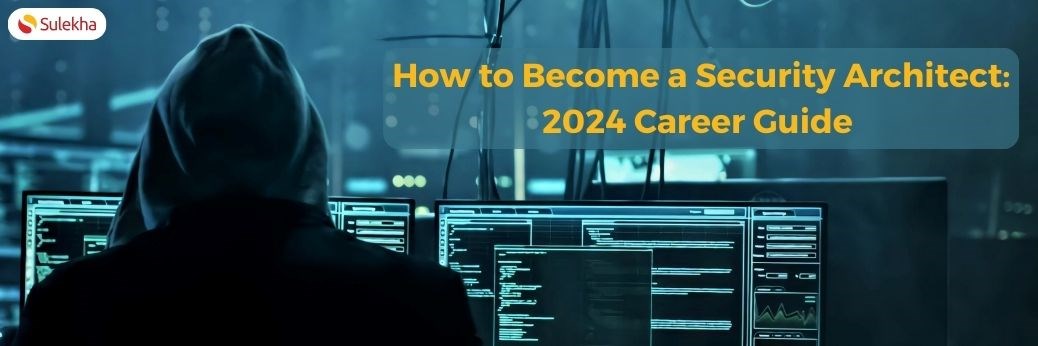
How to Become a Security Architect: 2024 Career Guide
How to Become a Security Architect: 2024 Career Guide In today's fast-paced and digitally interconnected world, the role of a Security Architect
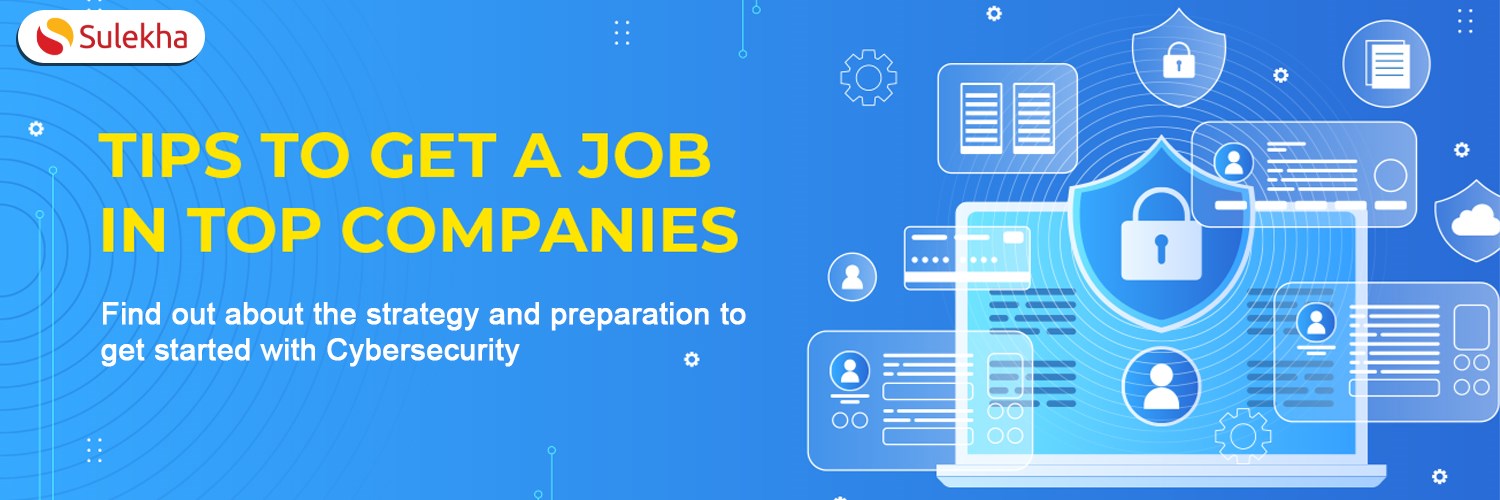
Tips to get a job in top companies - Find out about the strategy and preparation to get started with Cybersecurity
As companies adopt cloud services, IoT devices, and remote work solutions, their attack surface expands. Cybersecurity experts are essential to ensure the security of these technologies and networks. The expertise of cybersecurity specialists bolster
Latest blogs on technology to explore

Drug Safety & Pharmacovigilance: Your 2026 Career Passport to a Booming Healthcare Industry!
Why This Course Is the Hottest Ticket for Science Grads & Healthcare Pros (No Lab Coat Required!)" The Exploding Demand for Drug Safety Experts "Did you know? The global pharmacovigilance market is set to hit $12.5B by 2026 (Grand View Research, 202

Launch Your Tech Career: Why Mastering AWS Foundation is Your Golden Ticket in 2026
There’s one skill that can open all those doors — Amazon Web Services (AWS) Foundation

Data Science in 2026: The Hottest Skill of the Decade (And How Sulekha IT Services Helps You Master It!)
Data Science: The Career that’s everywhere—and Nowhere Near Slowing Down "From Netflix recommendations to self-driving cars, data science is the secret sauce behind the tech you use every day. And here’s the kicker: The U.S. alone will have 11.5 mill

Salesforce Admin in 2026: The Career Goldmine You Didn’t Know You Needed (And How to Break In!)
The Salesforce Boom: Why Admins Are in Crazy Demand "Did you know? Salesforce is the 1 CRM platform worldwide, used by 150,000+ companies—including giants like Amazon, Coca-Cola, and Spotify (Salesforce, 2025). And here’s the kicker: Every single one

Python Power: Why 2026 Belongs to Coders Who Think in Python
If the past decade was about learning to code, the next one is about coding smarter. And in 2026, the smartest move for any IT enthusiast is learning Python — the language that powers AI models, automates the web, and drives data decisions across ind

The Tableau Revolution of 2025
"In a world drowning in data, companies aren’t just looking for analysts—they’re hunting for storytellers who can turn numbers into decisions. Enter Tableau, the #1 data visualization tool used by 86% of Fortune 500 companies (Tableau, 2024). Whether

From Student to AI Pro: What Does Prompt Engineering Entail and How Do You Start?
Explore the growing field of prompt engineering, a vital skill for AI enthusiasts. Learn how to craft optimized prompts for tools like ChatGPT and Gemini, and discover the career opportunities and skills needed to succeed in this fast-evolving indust

How Security Classification Guides Strengthen Data Protection in Modern Cybersecurity
A Security Classification Guide (SCG) defines data protection standards, ensuring sensitive information is handled securely across all levels. By outlining confidentiality, access controls, and declassification procedures, SCGs strengthen cybersecuri

Artificial Intelligence – A Growing Field of Study for Modern Learners
Artificial Intelligence is becoming a top study choice due to high job demand and future scope. This blog explains key subjects, career opportunities, and a simple AI study roadmap to help beginners start learning and build a strong career in the AI

Java in 2026: Why This ‘Old’ Language Is Still Your Golden Ticket to a Tech Career (And Where to Learn It!
Think Java is old news? Think again! 90% of Fortune 500 companies (yes, including Google, Amazon, and Netflix) run on Java (Oracle, 2025). From Android apps to banking systems, Java is the backbone of tech—and Sulekha IT Services is your fast track t
